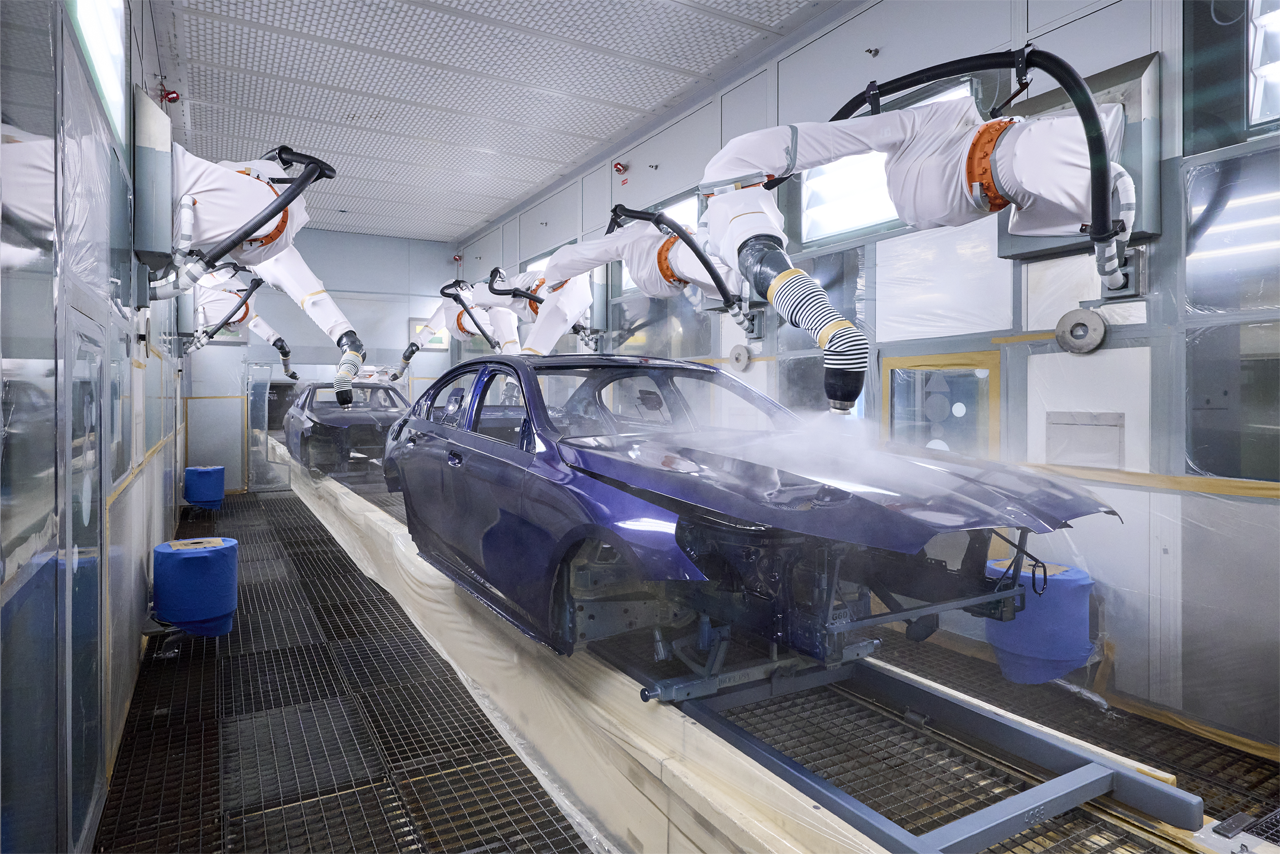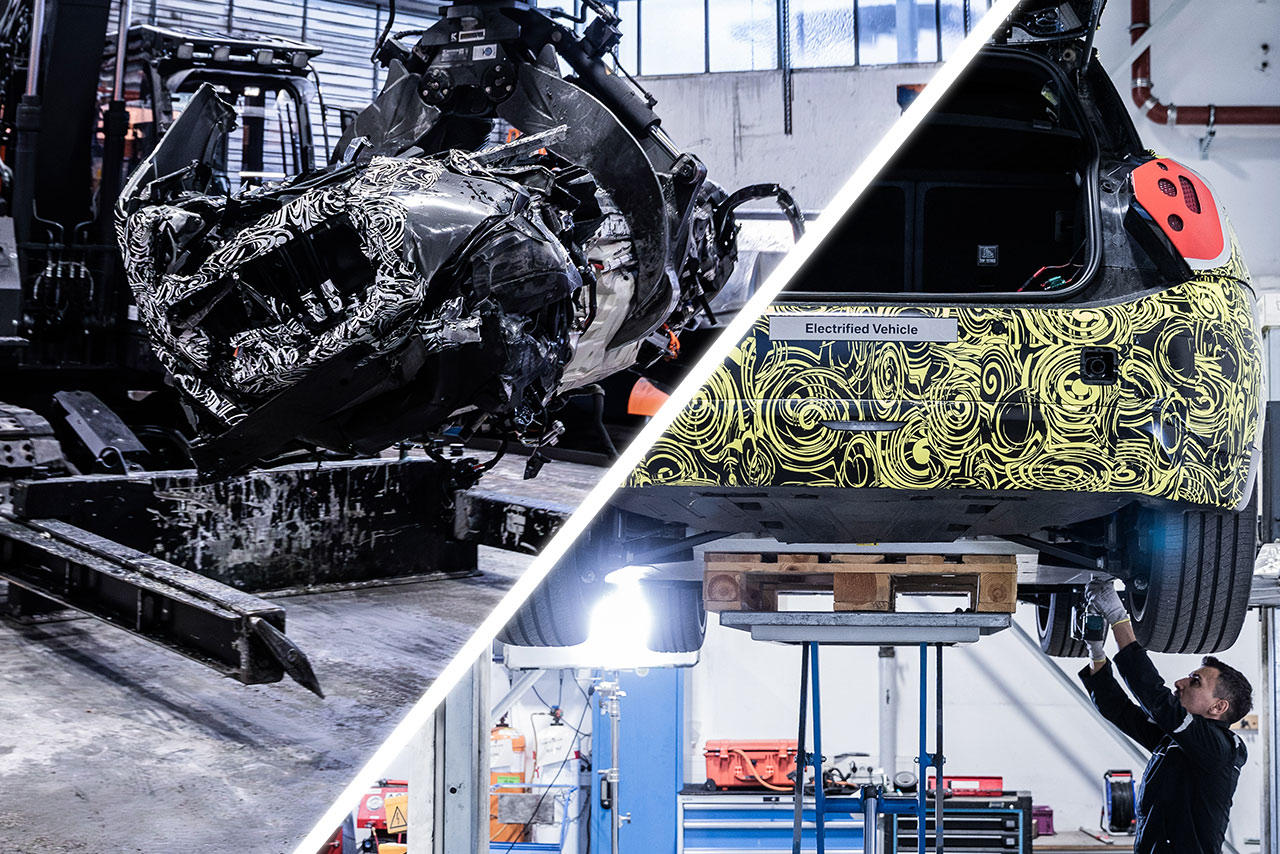How can cities be developed sustainably? Do solutions perhaps already exist there? And what can each individual citizen do? Leonardo Maldonado is examining this in his project CITIES CAN B.
Cities around the world are having a hard time living up to the challenges framed in the Sustainable Development Goals, such like “clean water and sanitation”, “responsible consumption and production” or “good health and wellbeing”. Leonardo Maldonado and Tomás de Lara both co- leaders of CITIES CAN B aim to help improve this situation noticeably by launching this initiative. In Rio de Janeiro, Santiago de Chile and Mendoza, the Chilean is calling for sustainable commitment in two ways: Firstly, by bringing together ecologically and socially involved start-ups and companies with NGOs and governments. And secondly, by asking citizens to participate in sustainability measures themselves. He and his initiative are being supported by the BMW Group and the BMW Foundation Herbert Quandt.
Leonardo Maldonado did not choose the name “CITIES CAN B” without an ulterior motive. “B-Cities encourage their neighbours to take their economical, ecological and social impact seriously, no matter if the neighbour is a person, a company, an NGO or the local government. The “B” lable is inspired by economy. “Companies that take their footprint seriously, measuring it and improving it con sustainability standards can be certified as “B Corps”, so Maldonado now wishes to establish Cities that aspire to be responsible of their footprint, and when that happens then "CITIES CAN B”.
“We are conveying an important message,” the entrepreneur emphasises: “Each and every one of us can do something for the sustainable development of his or her city”. In Santiago de Chile the impacts of this message are all too obvious. “Your waste is my waste, let’s take on responsibility” or “We should be more aware of people and the environment” are written in large letters on urban busses, house walls and information posters issued by the municipal authorities. “We had invited people to submit easy-to-remember sustainability messages and received more than 1,000 slogans, from children and senior citizens alike,” says Maldonado. The phrases chosen were then designed by local artists and now not only add colour to the city, but also remind citizens to advocate for more sustainability.
CITIES CAN B also takes up local companies on their promises. “Major companies in particular have an impact on social and ecological developments. It is crucial that they also assume this responsibility,” says Maldonado. His assessment doesn’t simply come out of the blue – Maldonado knows how influential the business sector is. Since completing his architectural studies, the 53-year-old has himself been involved in the foundation of several businesses, some of which he still works for today. Through CITIES CAN B he now calls for companies to measure their social and ecological footprint. The B Impact Assessment is used for this purpose. From 2020, this tool is also to be used by the United Nations to record each company’s contribution towards achieving greater sustainability. This includes, for example, questions pertaining to the monitoring of waste production, the use of renewable energies or the support of employees when they wish to become socially committed.
But CITIES CAN B does not simply make demands. The initiative supports every citizen who makes an effort to create a sustainable environment. In collaboration with local authorities and other social actors, the project develops business models that make a city a better place to live. For example, thanks to the CITIES CAN B initiative, the Argentine city of Mendoza now only wishes to cooperate with companies that have a positive impact on the sustainable development of the city.
However, what can global players such as the BMW Group learn from this approach? “We must ensure that all of those involved become more committed. Hence companies such as the BMW Group should come more often to the table with other parties as peers,” Maldonado demands. The Responsible Leaders Network established by the BMW Foundation Herbert Quandt is an important step in this direction. Here, leaders meet for a more sustainable and just future and inspire each other. Leonardo Maldonado himself is a part of this network and uses his contacts to promote his projects further. “It will probably be some time before a comprehensive sustainability strategy is established,” he believes. “But each modest success makes a city more sustainable and better to live in and can have an inspirational effect on other cities.”
















